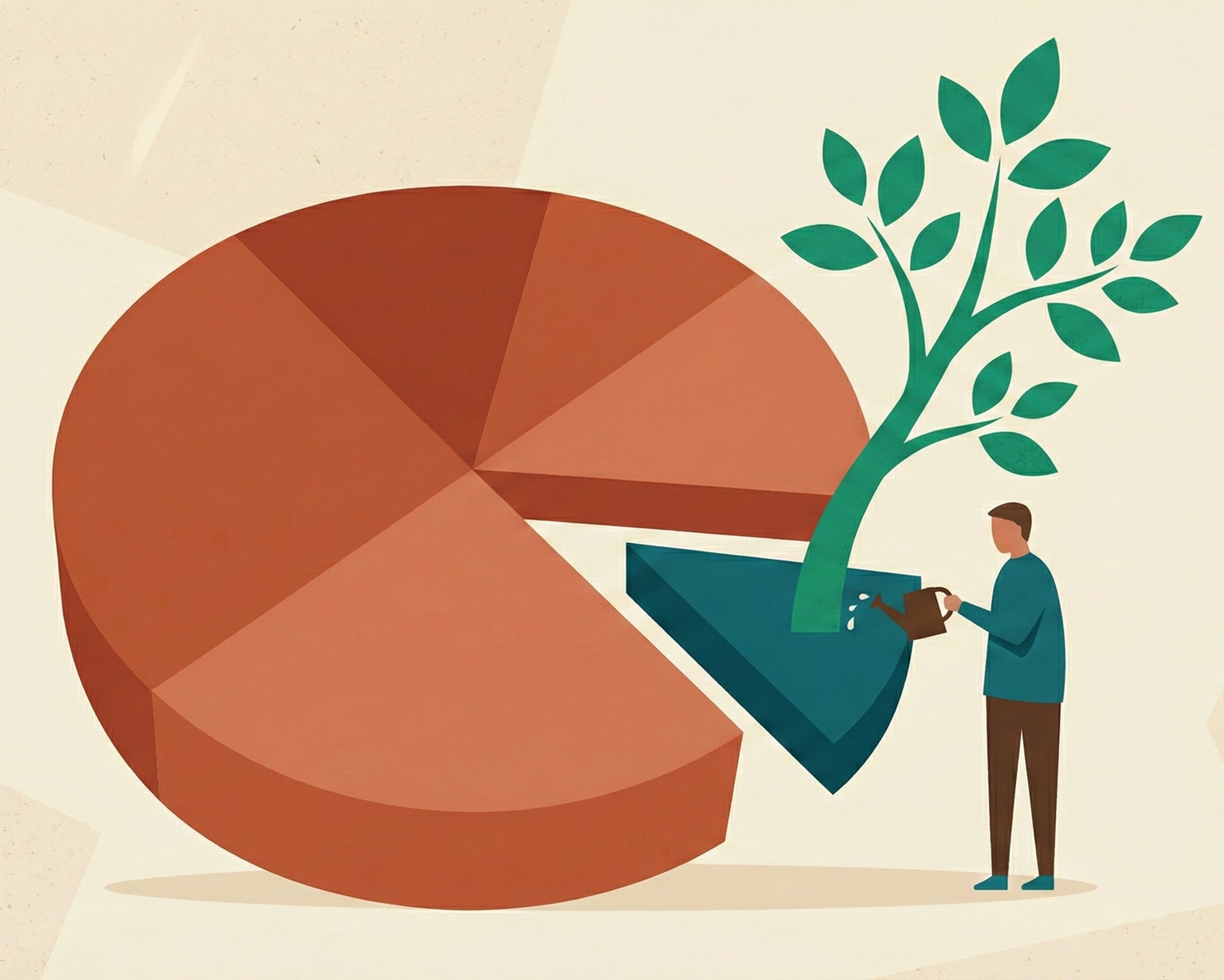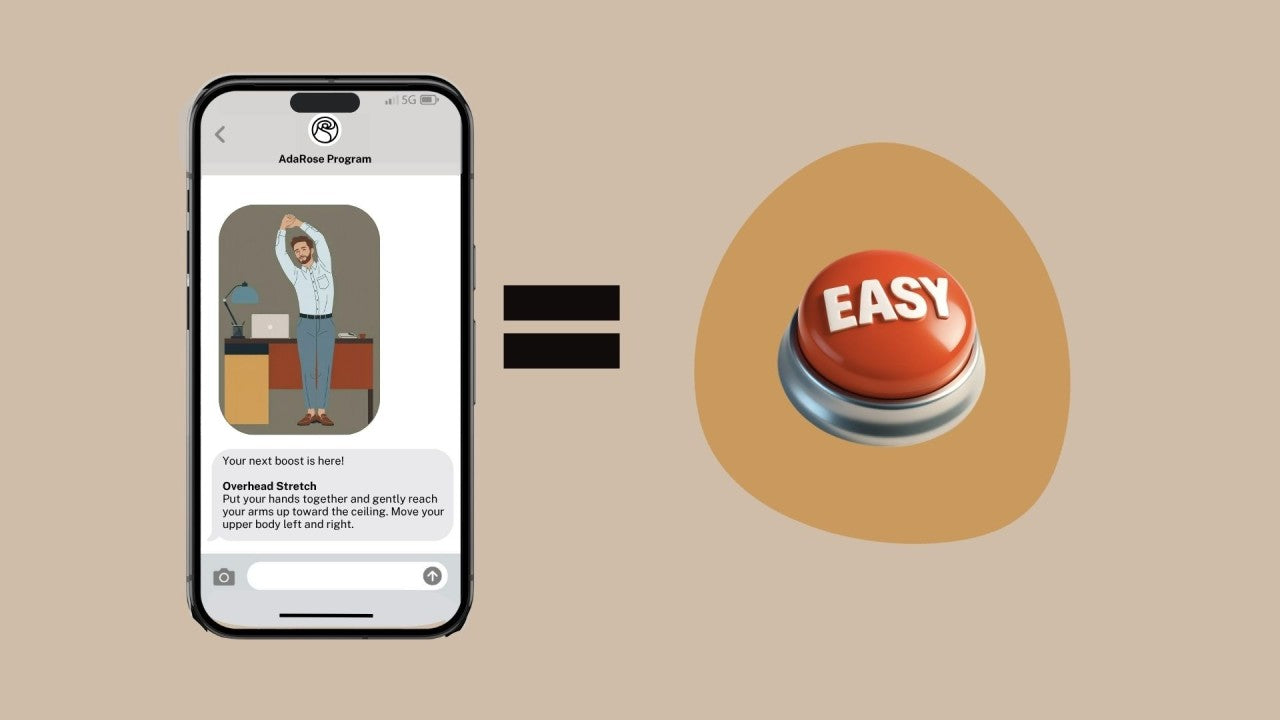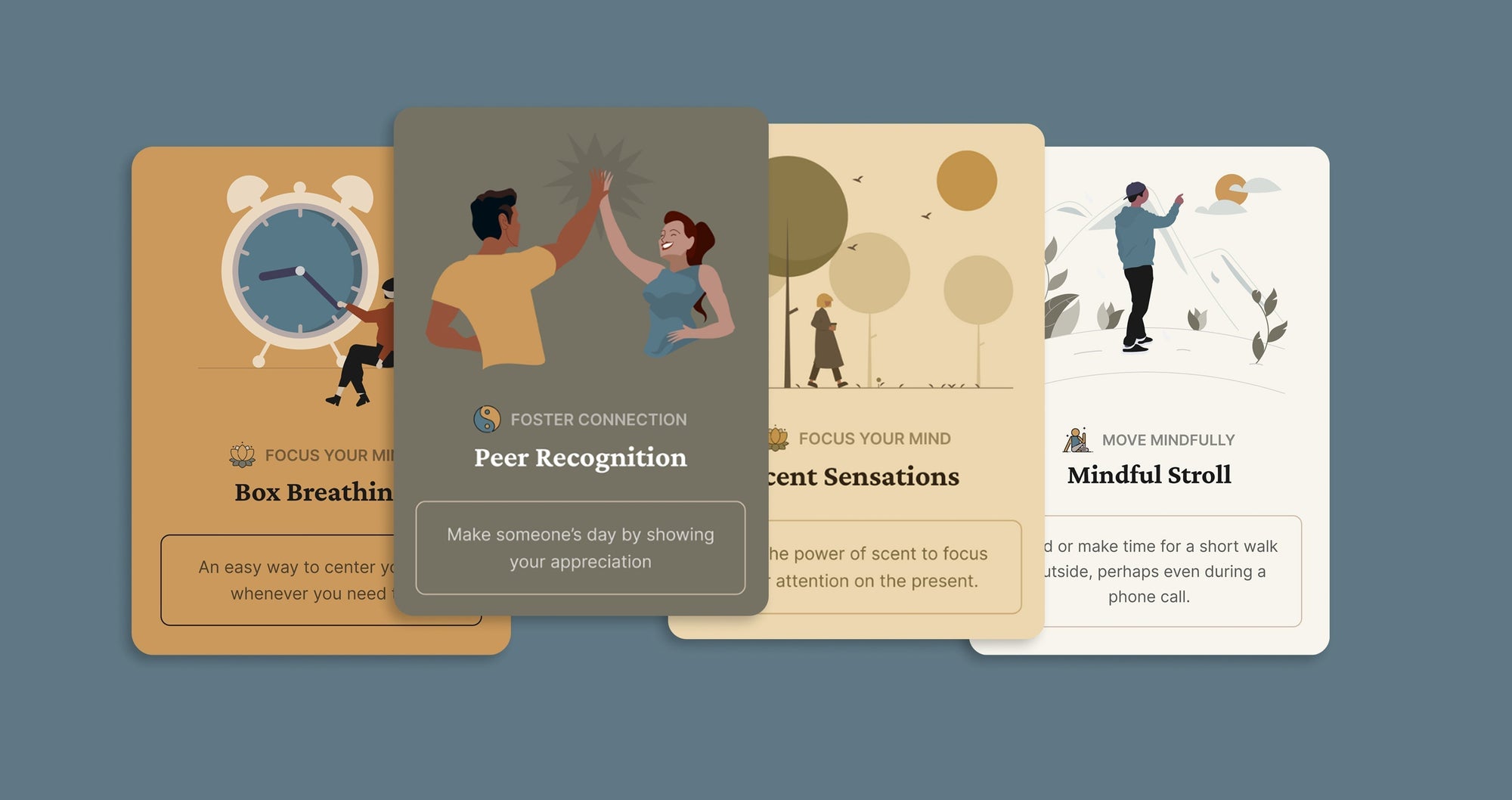If you’re searching for a practice that improves your health without a huge time commitment or hefty price tag, gratitude is a great place to focus.
Each year, more studies show that this positive psychology technique can improve your relationships, strengthen your mindset, and even lengthen your life. (More on the benefits in a bit!)
There are different ways to practice gratitude. For example, every morning you can recite aloud specific things you’re grateful for, or jot them down in a journal. This is also a great way to start your mornings on a positive note with mindfulness. Regardless of what method you choose, turning your gratitude practice into a daily ritual can positively impact your life in myriad ways.
That said, it is important to note that gratitude has its limits. In 2020, researchers from Ohio State University found that gratitude had a “limited at best” impact on clinically-diagnosed cases of anxiety and depression, which may require additional treatments such as cognitive behavioral therapy or medication. However, dozens of other studies show strong benefits associated with practicing gratitude when it comes to improving everyday mood fluctuations.
So, overall, what are the benefits of gratitude, according to the current published research? Let’s take a look.
6 Benefits of Gratitude
Better Sleep
People who wrote down what they were grateful for before bedtime experienced more sleep and a higher quality of sleep than those who skipped the gratitude exercise, according to one study. They were also better able to function during the next workday.
Less Aggression
Research from the University of Kentucky suggests that being thankful can reduce aggression and increase empathy. Gratitude “motivates people to express sensitivity and concern for others,” which translates into more kindness and less anger.
Better Coping Skills
Regularly practicing gratitude can increase positive emotions and help you “roll with the punches” when adversity strikes. According to an article published by the National Institutes of Health, “By practicing these skills, it will help you cope better with whatever you have to cope with. You don’t have to be experiencing major life stress. It also works with the daily stress that we all deal with. Ultimately, it can help you be not just happier but also healthier.”
Lower Stress
Regularly practicing gratitude can lower levels of the damaging stress hormone, cortisol. Chronically high cortisol is linked to cardiovascular damage and immune system dysfunction, among other problems.
Better Workplaces
A 2022 study found that co-workers who thanked each other prior to heading into a stressful task experienced a healthier cardiovascular response when compared to co-workers who did not express gratitude toward each other. (Perhaps showing that appreciation amongst co-workers is an unexpected workplace wellness trend!)
This improvement in cardiovascular response also increased concentration and confidence, two factors that contribute to peak performance.
Improved Relationships
Gratitude can also improve your closest relationships. A 2010 study found that partners who showed gratitude toward each other reported stronger relationships and increased happiness even a day after expressing their thanks to each other.
Improved Self-Esteem
A 2014 study published in the Journal of Applied Sports Psychology found that athletes practicing gratitude reported higher self-esteem levels. Self-esteem is intricately linked to performance.
How to Keep a Gratitude Journal
The beauty of gratitude journaling is that there really isn’t a right or wrong way to do it. The key is to simply devote time to the practice of writing down or drawing what you’re grateful for.
-
Commit to a particular time to journal and aim to honor it, whether it’s in the morning or evening. Find what works best for you.
-
Commit to journaling at least three times a week, for about 15 minutes a session.
-
Do this for at least two weeks.
-
In each session, write down one to five things that you’re grateful for. They can be big or small things.
-
Be specific and detailed in your account. What happened? Who (or what) was involved? When did it happen? What emotions did you experience? How does writing about it make you feel?
-
Focus on people when possible. This has a bigger positive impact than focusing on things.
-
Consider what your life would be like without certain people or things. This helps prevent you from taking the positives for granted.
Start from scratch or download a template or app. You don’t have to buy a fancy journal to practice gratitude journaling. Blank pages stapled together are perfectly fine.
If you prefer to start with some on-page prompts and guidance, A Window Between Worlds, a non-profit dedicated to healing trauma through creativity, offers a printable gratitude journal online. Yale University also offers gratitude prompts and other self care resources on Pinterest.
If you’re drawn to journaling on a device, popular gratitude apps include Presently: A Gratitude Journal, Gratitude: Self-Care Journal, and 365 Gratitude Journal.
You can even start a gratitude journal on your phone’s notes app.
Consider expanding into gratitude letters. Writing a gratitude letter to someone who’s had a positive impact on your life can positively influence your brain for up to three months.
Check out this article for tips on how to write a gratitude letter.
Overall, there’s promising research that shows that gratitude journaling is one of many self care strategies with powerful benefits. It’s affordable, it doesn’t require a lot of time, and it’s accessible to all. So why not give it a try?





